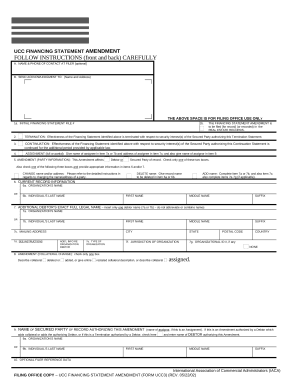
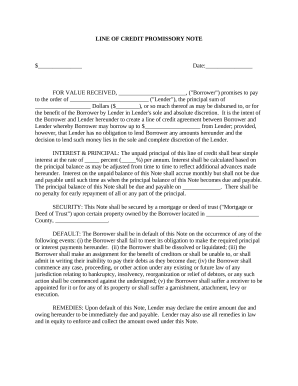

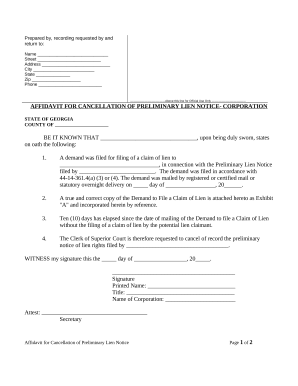


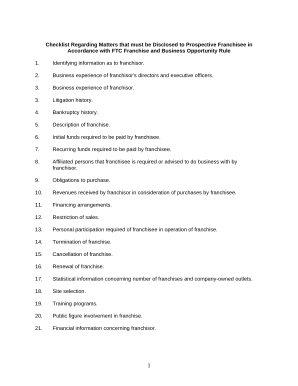




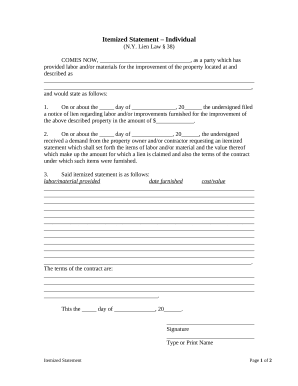
Document managing consumes to half of your business hours. With DocHub, you can reclaim your office time and increase your team's efficiency. Access Business and Commercial Law category and investigate all document templates relevant to your everyday workflows.
The best way to use Business and Commercial Law:
Accelerate your everyday document managing with the Business and Commercial Law. Get your free DocHub account right now to discover all templates.